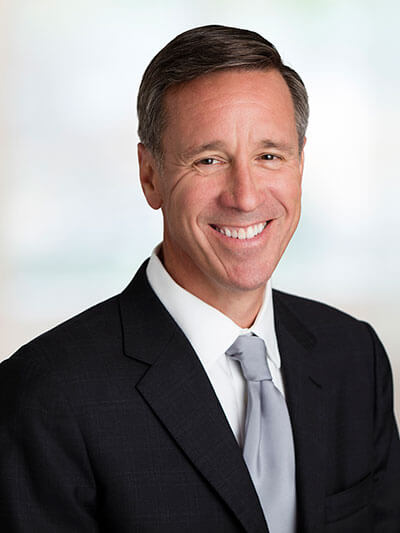The premise of corporate social responsibility (CSR) is simple: If corporations are going to make a profit, they also have a social responsibility to make a difference, too. That idea was fully explored at “Merging Profits and Social Responsibility: How Marriott Is Keeping CSR Integral to Its Mega-Merger With Starwood,” — an event hosted by The Executives’ Club of Chicago at The Westin River North on April 3.

Marriott CEO Arne Sorenson
Guest speaker Marriott CEO Arne Sorenson told the audience that he prefers to think about CSR a different way. He called CSR “an interesting phrase,” but said it wasn’t “the one I gravitate to first. Instead, we think about community impact.”
And while Marriott issues an annual sustainability and social impact report, Sorenson likes to break down the initiatives in each of the communities in which it operates more than 5,700 hotels rather than look at those efforts in the aggregate. “Each community is going to be connected to a different cause,” he said. “We want to support that. If you can build on a local level, you can have a really big impact around the world.”
Marriott gives team members the freedom to choose which causes to support and volunteer activities to participate in, although the company recognizes that some of society’s ills are at work no matter where a property is located. Consider the company’s efforts to combat human trafficking — a crime that many in the business events industry are working to eradicate. Sorenson acknowledged that victims of sex trafficking are often children, and they often end up in hotels. To do its part, Sorenson said that Marriott has trained approximately 500,000 of its associates “to keep their eyes open for telltale signs of sex trafficking.” The company will finish training the remaining 200,000 of its global employees by the end of 2019. That awareness initiative is already having an impact. Sorenson said he has heard approximately a dozen stories where employees have called law enforcement officials and helped rescue victims.
Training 700,000 people requires resources. Could those costs hurt the company’s bottom line? In the short term, perhaps. But Sorenson pointed out that truly making a community impact — or adhering to a code of corporate social responsibility — relies on recognizing that a company must play the long game to leave a meaningful mark on the world. “We care, of course, what this quarter’s results are,” Sorenson said. “But that doesn’t motivate us. We want to know how we will win in 10 years or 20 years.”
And while Marriott’s make-the-world-better efforts cast the company in a positive light, don’t expect to hear Sorenson shouting about it from the rooftops anytime soon. “As a cynic of the world we live in, it feels like an ad,” he said. “It’s important for us to tell our story to our internal audience and make sure they own it. If they believe what we’re doing is good, it won’t be a secret. But it will be told by voices that are more credible than us issuing press releases.”
While Sorenson is looking ahead at the 10- or 20-year victories, he’s equally focused on a shorter window. Learn more about Marriott’s plans for the next three years.
